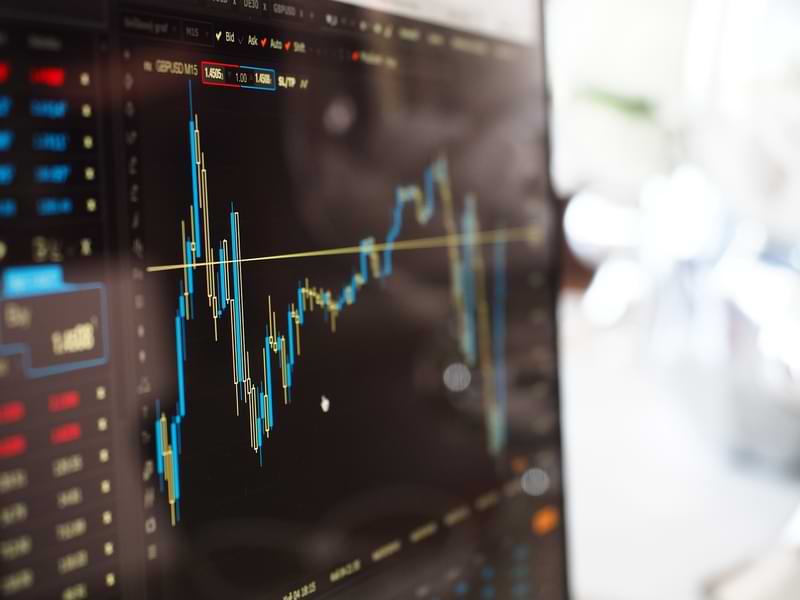As we begin the New Year of the Rat, one prediction is easy to make: investors are unlikely to match the double digit returns of the last 12 months, when virtually all major asset classes – including equities, bonds, oil, treasuries and gold – enjoyed a very strong performance.
Widespread supply chain disruptions due to recurring US-China trade disputes, the ongoing technology war and the Covid-19 coronavirus, are today significantly impacting businesses around the world. So where should investors turn in a fully-valued market when the outlook is so challenging?
When major assets cannot be relied on for positive returns and the prospects for fixed income and credit markets are uncertain (due to very low interest rates), it’s time to re-balance your portfolio and spread the risk among less-correlated assets. By being curious and making the effort to investigate new investment options, you are better placed to make the right choices in a fluid market situation where having more options is important.
The Advantages of Alternative Assets
Alternative investments offer the kind of choices that an investor needs when considering a more conservative strategy to insulate against market shocks and the risk of a widespread loss of investor confidence. However, some popular investments with a low market correlation, such as Private Equity, Venture Capital and Real Estate, tend to be illiquid and lack the flexibility that allows for a change of strategy when faced with fast-moving circumstances. Depending on your investment strategy, you may not want cash tied up for the long term or subject to substantial withdrawal penalties in a crisis situation.
The alternative investment sector that stands out is Invoice Financing in which manufacturers’ invoices – Trade Receivables – issued to customers are purchased by investors, with the money used to cover working capital requirements and business expansion. These invoices are tangible assets which are short-term in nature, with an average duration of fifty days and offer a competitive, fixed rate of return. They ensure a very low default rate while avoiding cash tied up for long periods of time in order to maximise liquidity.
Trade Receivables are less correlated with traditional asset classes such as equities and bonds and provide a level of security for a diversified investment portfolio. Reliability is a decisive factor for an investor when considering a new asset class, and Trade Receivables offer several reasons for their selection: each invoice is a tangible asset that covers a regular transaction between a manufacturing supplier and customer. The supplier can obtain immediate access to about eighty percent of the total invoiced sum with the remainder payable (minus financing and transaction fees) when the customer makes final settlement.
Peace of mind for the investor comes from a series of checks-and-balances including verification of each partner’s credentials through a KYC (Know Your Customer) process and credit assessment which is put in place to track the customer’s financial health and indemnify the supplier.
Why Invest in Trade Finance?
Invoice Financing is an essential tool of the global economy and a key enabler in international trade.
Around eighty per cent of global trade transactions require some form of financing which has traditionally been provided by banks. However, financial market changes since the 2007-8 crisis include the introduction of the Basel Accords with the goal of heightening bank regulations especially around capital adequacy ratios.
Banks have also faced pressure over competitive pricing in many other areas of business and are failing on the technology front. They remain highly dependent on legacy systems and are not able to implement the latest technological solutions. The result has been a gradual retreat by banks from Invoice Financing which in turn has had a heavy impact on small and medium-sized enterprises (SMEs) that make up the large manufacturing base of companies in most Asian markets.
Today, around sixty per cent of trade finance requests from small businesses are rejected by banks, and the gap between supply and demand was estimated to be as high as USD 1.5 trillion per annum in 2018, according to the ADB (Asian Development Bank). Under-banked trade industry players (including shippers, suppliers, buyers and intermediaries) have led to the steady emergence of specialised investment funds and online trading platforms like Velotrade.
With such a significant shortage of working capital, there is a tremendous opportunity to invest in this dependable and recession-proof asset class. However, managing the sector requires a broader range of skills that lie outside the experience of many institutional investors.
Consequently, education is required to boost the level of understanding and comfort among industry professionals. By working with an online regulated platform like Velotrade to transfer funds into alternative assets, you gain access to a diverse range of clients in varying industries.
Join Velotrade as an investor and spread your investment risk with a diversified portfolio that is capable of addressing economic uncertainties and potential market shocks.
Brought to you by Velotrade, a marketplace for corporates to access financing.

